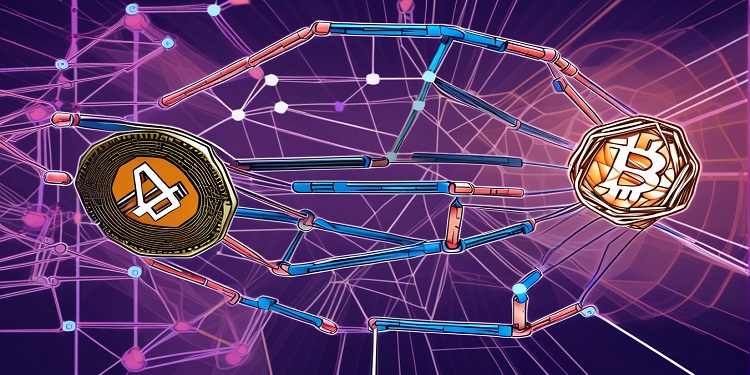Aeon, a blockchain payment protocol, has launched a payment authorization feature leveraging the TON blockchain infrastructure. This innovation aims to simplify transactions by allowing users to authorize payments seamlessly, eliminating repetitive steps in payment processes. According to the company, this development highlights the practicality of blockchain technology in everyday scenarios.
The first implementation of this feature is seen in ShareX’s Telegram mini-app, where Aeon facilitates a more efficient rental process for power banks. The integration underscores blockchain’s potential to enhance routine transactions by offering streamlined and secure solutions.
How the Authorization Process Works
Aeon’s authorization system is designed to make transactions more user-friendly. Users begin by selecting a service or product and initiating a payment. The system then prompts them to authorize the transaction, temporarily locking the required amount. Once the service or transaction is completed, the payment is processed automatically, eliminating the need for manual intervention. This approach ensures a seamless and secure experience for users, according to the company.
Built on the TON blockchain, Aeon supports various cryptocurrencies and wallet integrations, providing users with the flexibility to choose their preferred payment methods. This adaptability is expected to broaden the appeal of blockchain-based payment systems in everyday applications.
Blockchain’s Impact on Loyalty Programs
In related developments, blockchain technology continues to revolutionize other sectors, such as loyalty programs. Recent research by PYMNTS and Solana highlights how blockchain is reshaping the loyalty industry, which is projected to generate over $24 billion in revenue within five years. Brands are adopting blockchain to offer more dynamic and engaging reward structures, enhancing customer retention and profitability.
A key benefit for brands is the use of smart contracts, which streamline loyalty programs by automating processes, reducing operational costs, and boosting efficiency. Tokenization, another blockchain feature, is driving customer engagement by enabling assets to be transformed into digital tokens. These tokens can be traded, sold, or rented in secondary markets, creating new revenue streams and incentivizing greater participation.
Yuga Labs, an early adopter of tokenized loyalty, has reportedly earned approximately $150 million in royalties, showcasing the financial potential of blockchain-enabled loyalty systems.
Navigating Blockchain’s Regulatory Landscape
Blockchain technology’s growth has not been without challenges. With the cryptocurrency market’s capitalization surpassing $3 trillion, regulatory clarity has become a crucial issue. Emerging regulations in regions like the U.S., U.K., and EU are expected to shape the future of blockchain infrastructure for payments and commerce.
As global economies recognize blockchain’s applications across various industries, its role in transforming payment systems, loyalty programs, and digital commerce continues to expand. Aeon’s payment authorization feature exemplifies how blockchain can address real-world needs, paving the way for broader adoption of decentralized technologies in daily life.









